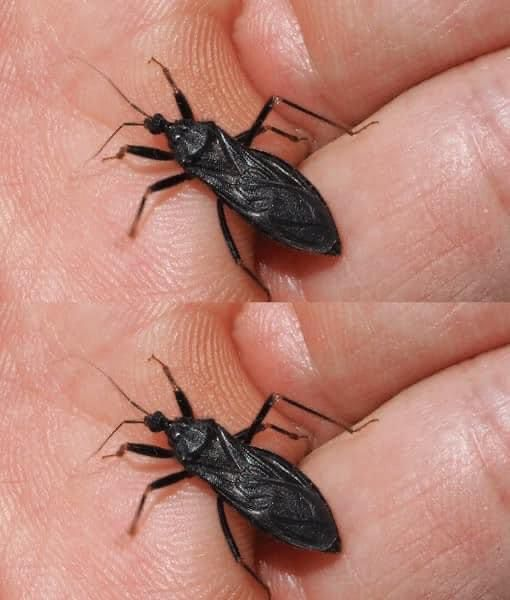Summertime brings the joy of warm days and outdoor activities, but it also means dealing with pests like ticks, mosquitoes, and increasingly, the assassin bug. These insects, also known as kissing bugs, are part of the Triatominae family and are becoming more prevalent in certain regions, particularly in the Americas. Their bite isn’t just a painful nuisance—it can carry serious health risks, including Chagas disease, caused by the Trypanosoma cruzi parasite, which they may transmit through their feces.
Assassin bug bites are often painless at first, making them easy to overlook. The area may develop redness, swelling, or an allergic reaction later. If you suspect a bite, clean the area with soap and water and apply an antiseptic. To reduce swelling and discomfort, use a cold compress or over-the-counter antihistamines.
If you experience flu-like symptoms, swelling of the face, or a rash in the days following the bite, seek medical attention immediately. These could be early signs of Chagas disease, a condition that can lead to severe cardiac or digestive complications if left untreated.
To prevent bites, keep your living spaces pest-free by sealing cracks in walls, installing tight-fitting screens on windows, and using bed nets or insect repellents in high-risk areas. Understanding these risks and taking prompt action can help ensure that an encounter with an assassin bug doesn’t escalate into a serious health concern.
